Universal Design for Learning and Blended Learning: Engagement
Catlin Tucker
SEPTEMBER 7, 2020
Universal Design for Learning (UDL) is a framework that is based on a scientific understanding of how people learn. The goal of UDL is to design “barrier-free, instructionally rich learning environments and lessons that provide access to all students” (Nelson, 2). Engagement. Sustaining Effort and Persistence.

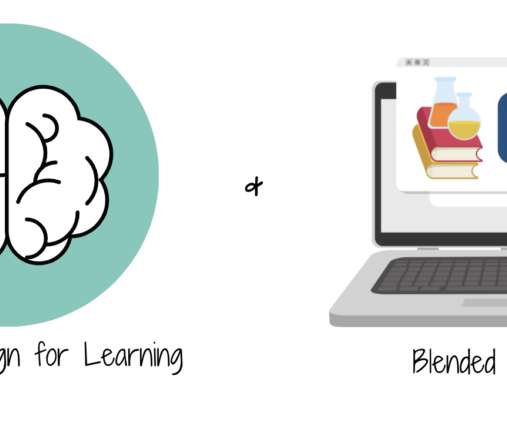
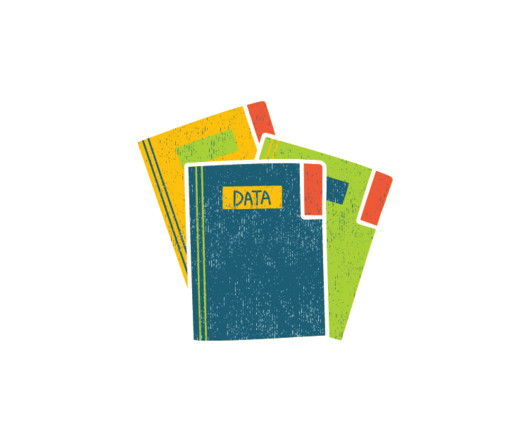
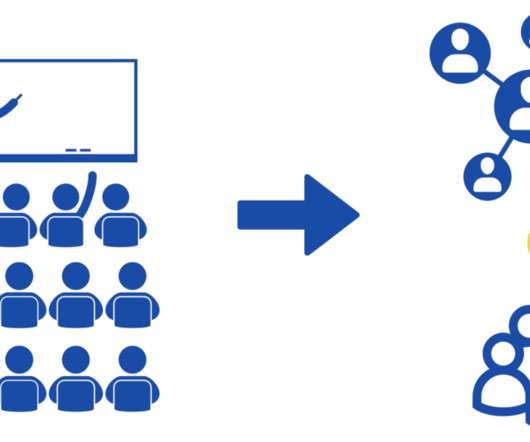
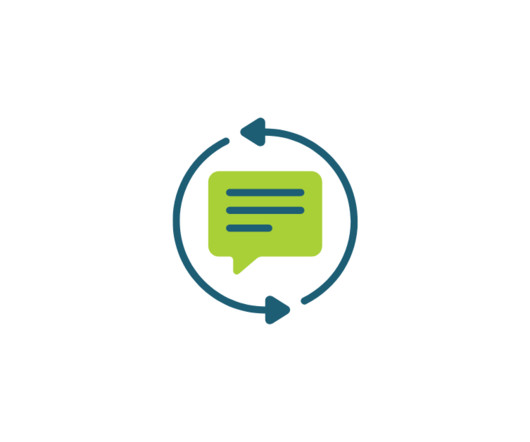
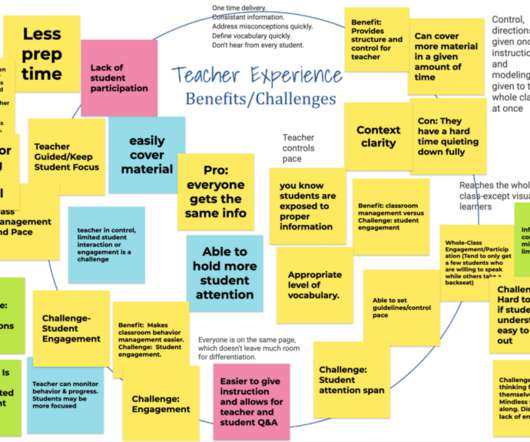
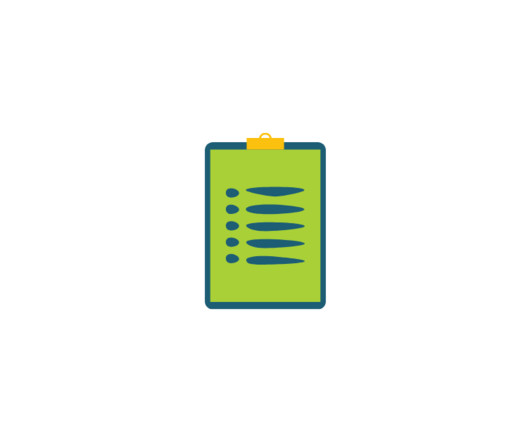






Let's personalize your content